The JFK Assassination at 60, and the poisoning of history.
Holding out for facts rather than conspiracy fantasy is an increasingly lonely vocation, but it's part of my job.
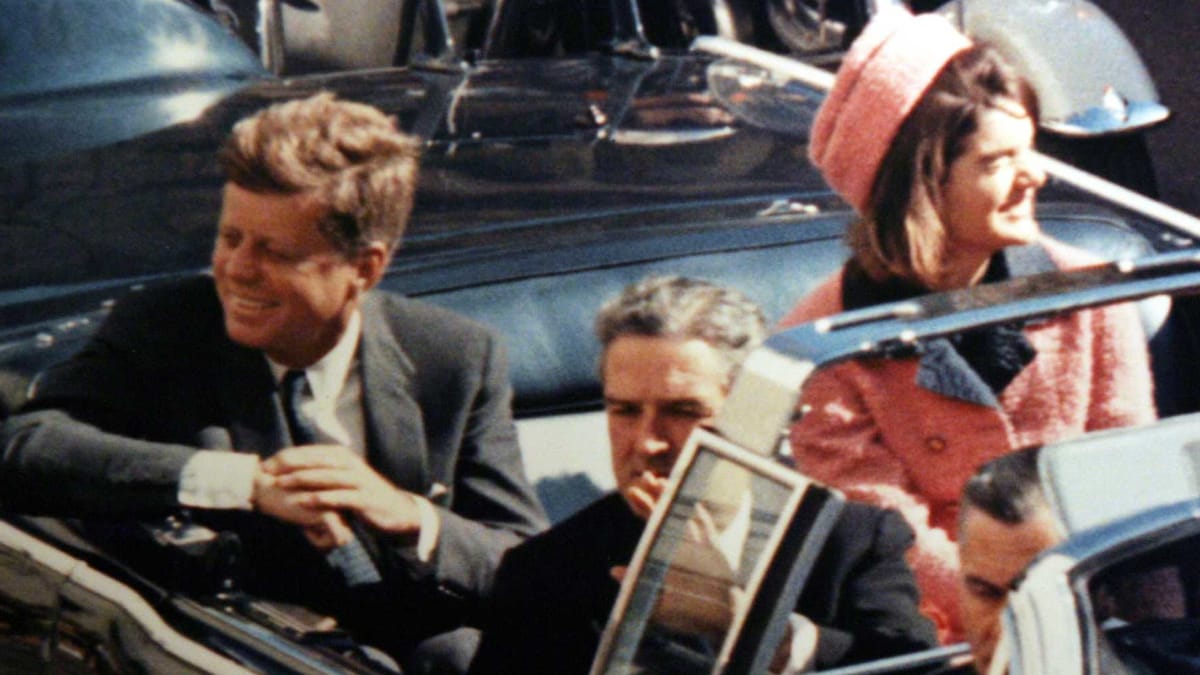
Today, as you probably know, is the 60th anniversary of the assassination of President John F. Kennedy in Dallas. In a few tense seconds that afternoon, an odious and dangerous man who would have amounted to nothing else in his largely worthless life wrote himself into the pages of history with three shots from the Texas School Book Depository, and the whole course of the 20th century shifted. There will doubtless be lots of remembrances and observances today in the press and on social media. Unfortunately, a lot of them will miss the point. Now six decades after Kennedy's tragic murder, the meaning of this event and its importance in history continues to be obscured by the dark cloud of conspiracy thinking and the mental parlor games it engenders. A great deal of facts are available about the assassination--few other single events in U.S. history have ever been as intensively studied. Yet, despite this surfeit of facts and evidence, in many ways the JFK assassination is one of the least understood events in the minds of the general public. That adds an extra layer of tragedy to what's already quite sad enough.
Lee Harvey Oswald, Kennedy's assassin, acted alone. There was no conspiracy. That's historical fact. There's not even really much serious debate about it, at least not in the way that historians recognize a debatable issue. For example, people have been arguing for 1500 years about why the Western Roman Empire fell, and for 1000 years about the dimensions of and the reasons behind the Crusades. Those are historical debates. What happened in Dallas on November 22, 1963 is, by contrast, an event whose objective reality can be ascertained by verifiable facts. Those facts lead to a pretty straightforward conclusion. The "debate" about conspiracy exists largely on a level divorced from factual or historical analysis. On that level, real historical thinking is not only wholly absent, but it's anathematized. The bacillus of conspiracy theory has poisoned our public discourse about this very important event. I wish that wasn't the case, but sadly it seems to be.
The history of JFK assassination lore is fascinating, but also leaves one pretty cynical. Conspiracy theories about the event sprang up almost immediately in the 1963-64 period, as the Warren Commission was undergoing its investigation--in fact the Warren Report even addressed some of the prototypical conspiracy claims that had emerged in those early days. You can certainly forgive people for asking questions before all the facts were publicly available. By the late 1960s, though, especially when corrupt New Orleans district attorney Jim Garrison began his bizarre re-investigation of the case in 1966, there was very little left in the way of concrete facts about the assassination to learn. Garrison is not solely responsible for generating what you might call the JFK assassination industry--Mark Lane bears significant responsibility too--but Garrison struck the mold of the quintessential conspiracy grifter, trafficking in ludicrous theories and unhinged innuendo mainly to garner publicity. Too many others followed in his footsteps.
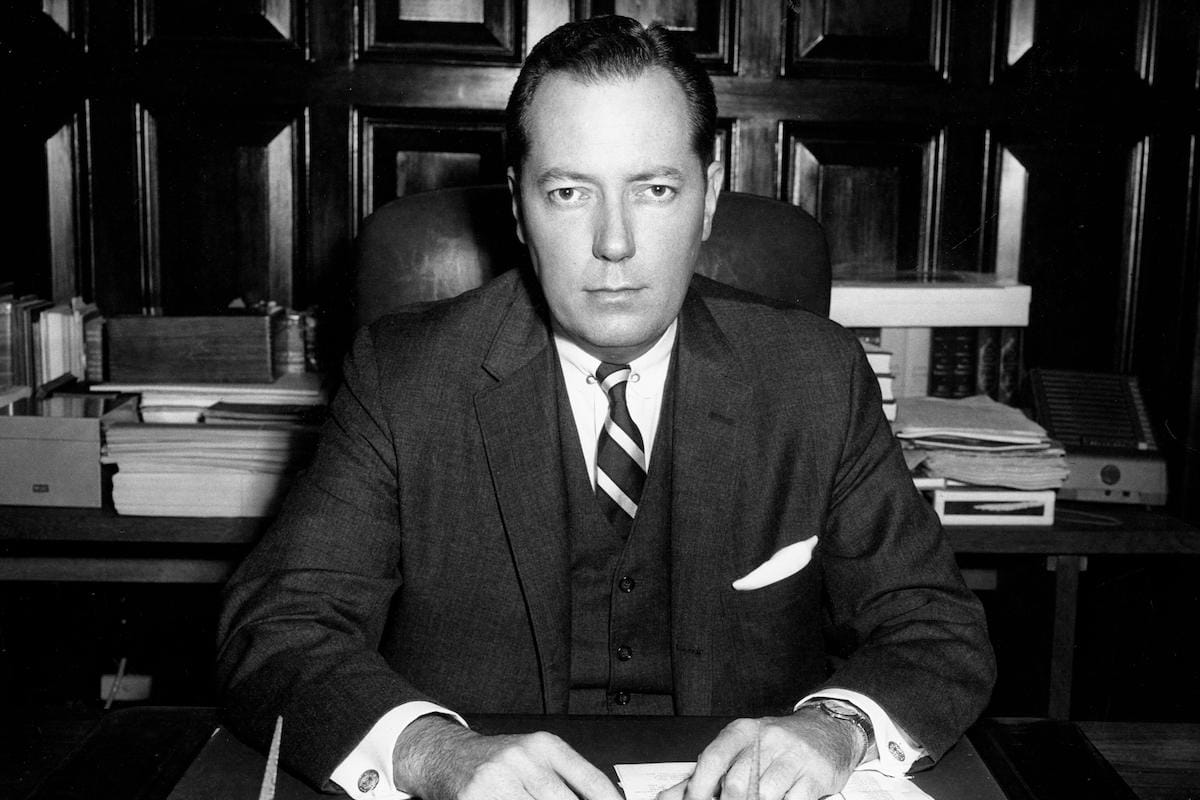
Since 1963, the JFK assassination has become an industry. The 1970s and '80s were probably the heyday of assassination "researchers" publishing sensational books pushing one or another ridiculous theory--curious, isn't it, how they all have to be slightly different from one another to be commercially viable--but it's still done today. In 2023, a former Secret Service agent went to the press with a claim about having picked up one of Oswald's bullets in the back seat of JFK's limo. That claim (of which I'm highly skeptical) is one of the punch lines of a new podcast, by film director Rob Reiner no less, which has the effect, intended or not, of re-stirring the toxic sewage of conspiracy nonsense yet again just in time to capitalize on today's anniversary. This kind of thing makes me almost physically ill. There is virtually no public appetite for actual, verifiable fact about Kennedy's assassination, because actual facts point unyieldingly to a conclusion that most people have already rejected. Consequently, the only thing people want is something, anything, that justifies that rejection.
As many of you who watch my YouTube channel know, in 2022 I made two lengthy videos explaining the Kennedy assassination in great detail and why we can be certain that Oswald acted alone. I get comments on these videos virtually every day and sometimes emails or other communications. A handful are supportive, but many are dismissive, angry or accusatory. (I usually don't approve those, so you won't see them on my channel). Many people are deeply offended at the very assertion of a conclusion that conflicts with their preferred conspiracy narrative. In addition to frequent accusations that I'm a CIA agent--as if the CIA has some sort of secret budget to pay historians to make YouTube videos--some of the angrier ones denounce the entire profession of history as inimical to society. I remember one comment, months ago, sneering, "You historians are the worst!" Yes, I guess we are. How dare we insist on provable facts and logical analysis to understand what happened in the past. I mean, that's really beyond the pale, isn't it?
Beyond the JFK assassination context, it's abundantly clear that the poison of conspiracy thinking has soaked deeply into our society, to the extent that virtually no event in the past is untainted by it. Everywhere it goes, conspiracy thinking seeks to undermine and bastardize the historical record by completely rewriting events in the past. "Truther" theories about the September 11, 2001 terrorist attacks, which seek with the religious zeal of a crusader to pin the event on George W. Bush or Israel (or both), recast Osama bin Laden as a patsy or simply excise Al-Qaeda from the pages of history. (In the 2000s, at the height of the Truther craze, there was a website called www.alqaedadoesntexist.com). Just yesterday, disgraced internet radio jockey Alex Jones, one of the foulest and most unpleasant creatures with whom we have the misfortune to share the planet Earth, ranted online about how he thinks the COVID-19 vaccine killed 20,000,000 people--an entirely imaginary genocide for which Jones wants prominent people, like Bill Gates and Anthony Fauci, executed. This kind of thing has real-world consequences. Jones, as you may know, helped finance the insurrection of January 6, 2021 that killed five people and nearly toppled the American government.
My "Oswald Acted Alone" videos (there are two in the series) have proven quite irritating to conspiracy theorists. I stand by my conclusions.
Conspiracy theories are not fun and are not light entertainment. They are poison. They corrode the mind, inflame baseless hatreds and kill real people in the real world. When one zooms out from individual events and appreciates conspiracy thinking as a whole--as I've tried to do in one of my online courses--it becomes clear that conspiracy is in fact an entire worldview about how history supposedly works. In this worldview, nothing is a coincidence, great (and small) events are always carefully engineered, and they, whoever the desired enemy is, are always out to get you. This worldview is not only profoundly defective and factually wrong, but it's the basis of various other toxic belief systems like fascism. The Nazi movement began, not with killings or brawls in the streets of Germany in the 1920s, but with a conspiracy theory, the "stab in the back" myth about why the country lost World War I. I'm certainly not claiming that everyone who believes a conspiracy theory about something is a fascist, but it's definitely worth considering how and why the conspiracy worldview is so fundamental to authoritarianism and political violence.
As a historian, it is my job to examine the evidence and explain what happened in the past. Not all conclusions about past events are infallible or unimpeachable--far from it--but just as an auto mechanic's job is to figure out, using their reasoned and experienced judgment, what's wrong with your car, it's my job to tell you that X happened in the past and to explain, to the best of my ability and insight, why it happened. Lee Harvey Oswald killed John F. Kennedy on November 22, 1963, and he did it alone, without conscious help of any kind. Historically speaking, that's the right answer. I'd like to think that facts and reasonable thinking can remain solid islands above the stinking, roiling oceans of conspiracy poison that surround them, but perhaps I'm just misguided or naïve. After all, historians are the worst.
The Value Proposition
Why should you be reading this blog, or receiving it as a newsletter? This is why.
☕ If you appreciate what I do, buy me a virtual coffee from time-to-time to support my work. I know it seems small, but it truly helps.
📖 You could also buy my newest book.
🎓 Like learning? Find out what courses I’m currently offering at my website.
📽 More the visual type? Here is my YouTube channel with tons of free history videos.
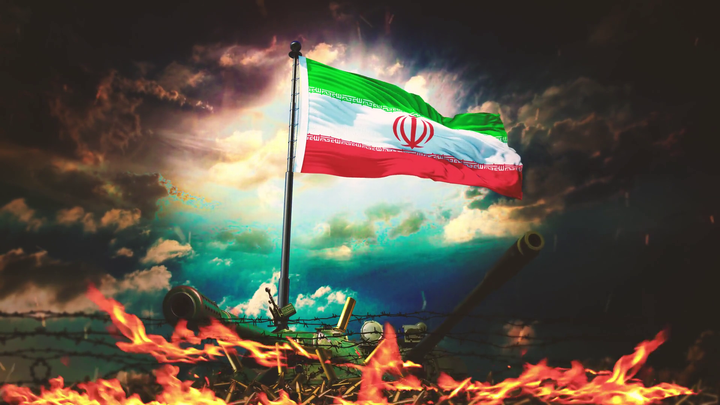
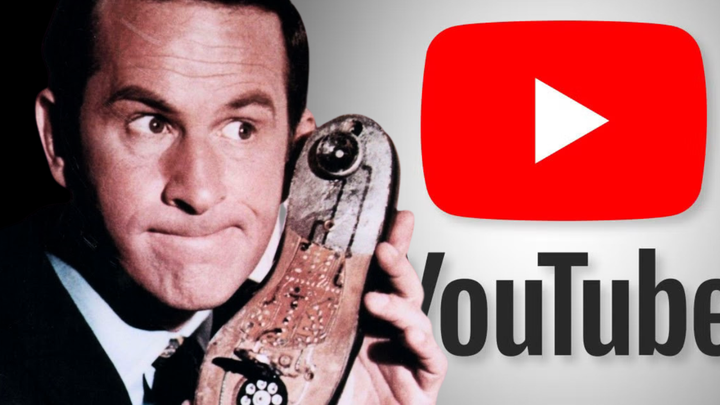
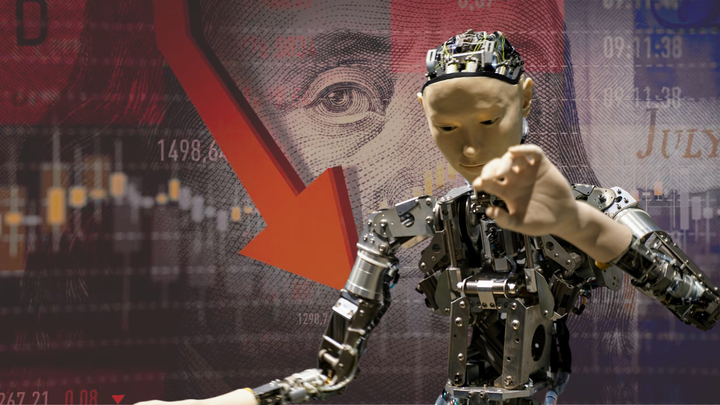
Comments ()